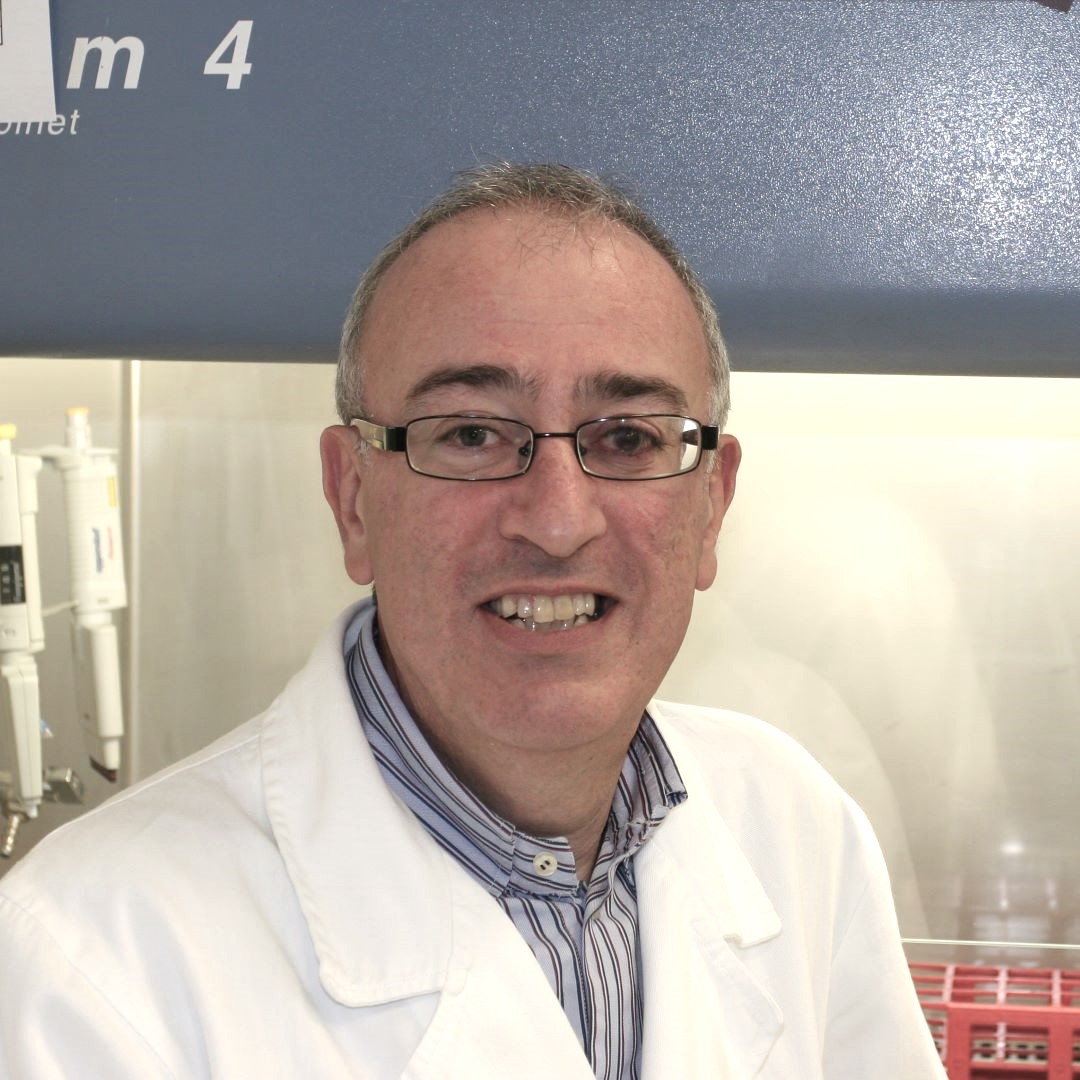
Prof. Giampietro Viola
Curriculum Vitae
Scopus ID: 7006633082
Giampietro Viola graduated in Pharmacy (1988) and Chemistry and Pharmaceutical Technology (1995) at the University of Padua. In 1999 he obtained a PhD in Pharmaceutical Sciences. He started his career as researcher at FIDIA Research Laboratories s.p.a. and then joined the University of Padua as research assistant. He spent a large number of periods in qualified research structures abroad. Actually, he is Associate Professor at the University of Padua in the Department of Women’s and Child’s Health (UOC of Oncohematology). Since 2017 he has got the Italian Scientific National Habilitation to Full Professor of Medicinal Chemistry.
His main research lines are the identification of new therapeutic targets in medulloblastoma (MB) resistance. He is actively involved in the characterization of the molecular basis of MB aggressiveness and resistance by modelling the chemotherapy-induced evolution of MB cells in vitro by applying conventional chemotherapy. The -omics characterization of MB resistant cells will provide novel therapeutic opportunities potentially able to reduce risk of relapse and to increase survival rates.
Active projects in this area include the study of BAG interactome, cancer metabolism and Redox homeostasis and drug discovery.
The study of BAG interactome
The resistant medulloblastoma cells express high levels of BAG protein family, a class of antiapoptotic proteins that possess the ability to prevent tumor cell death. Our goal is to identify the predominant BAG member that may be responsible for sustaining therapy resistance and relapse in MB, together with all its interacting proteins. By using the innovative technique of “molecular painting”, we will identify novel potential BAG-partner hotspots to be drugged to achieve a more efficient clearance of residual cancer cells after standard treatments.
Cancer metabolism and Redox homeostasis
Recently we and others have demonstrated that cancer cells can regulate the Nrf2 pathway as a pro-survival response against drug treatments. Nrf2 is the major regulator of redox homeostasis and defense against oxidative stress. So far, its expression and transcriptional activation, support the involvement of the Nrf2 pathway in MB response to chemotherapeutic treatment. Interestingly we demonstrated that the upregulation of this detoxifying system induces a metabolic switch of MB cells and sustains resistance to chemotherapy. By study of Nrf2 involvement in the metabolic changes that occur in the onset of chemotherapy resistance, we aim to give further insight on the characterization of MB resistance and the identification of novel druggable targets.
Drug discovery
In collaboration with various medicinal chemists in Italy and Europe, the laboratory deals with the screening and study of the mechanism of action of potential molecules with anti-tumor activity.
He is author of more than 190 scientific papers in qualified peer review journals (H index=43, 12.635 citations, from Scopus; Total IF= 974.628). It was responsible of the unit of the University of Padova in the context of SUMCASTEC project-Horizon 2020 that deals with the development of a medical device able to separate cancer stem cells in MB and glioblastoma through the application of electromagnetic fields. Moreover, it was also granted in the last three years by AIRC (Investigator Grant), Fondazione JUST and participated as team members in several projects (Cariparo pediatrico, Rally Foundation, Ministerio de Innovacion y Ciencia, Spain). He currently serves as reviewer for many journals in the field of medicinal chemistry and pharmacology and he is Associate Editor of Biochemical Pharmacology and Editorial Board Member of Cancers. He is holder of many patents concerning the synthesis and antitumor application of new potential antitumoral molecules.
